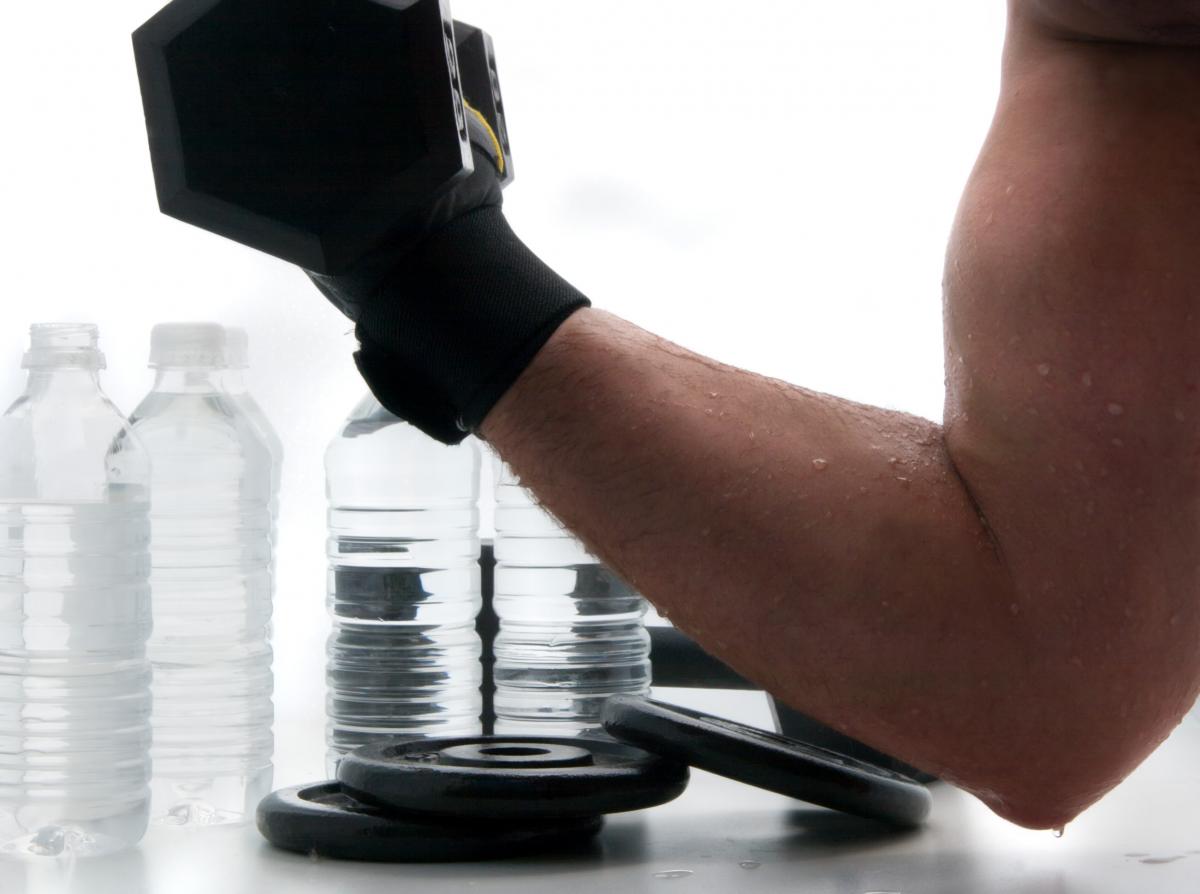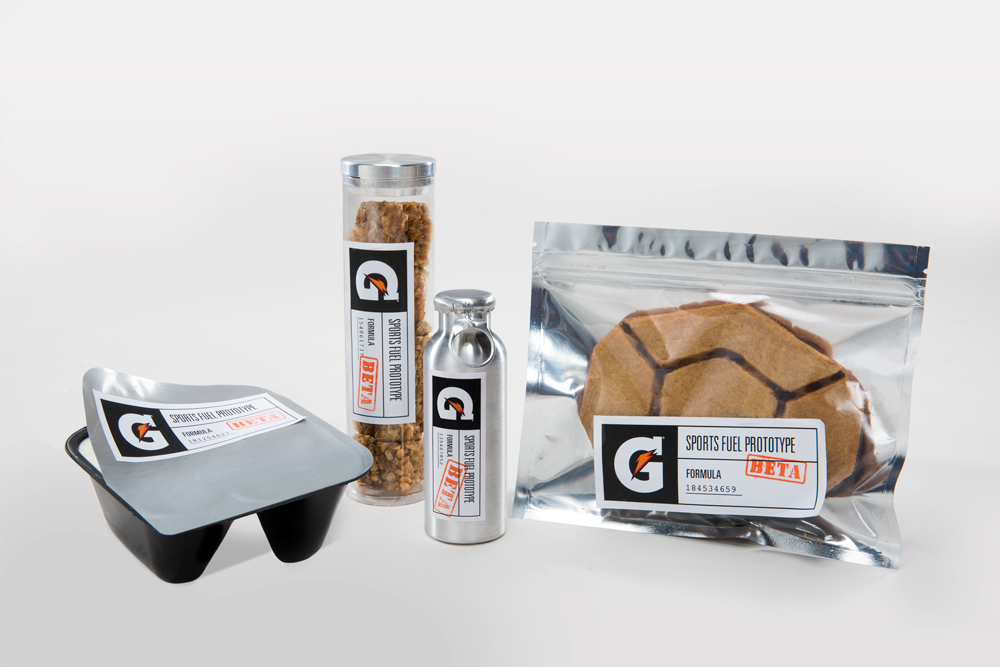WORLD Health Organization (WHO) studies show that millions of people are at high risk of acquiring diet-related chronic diseases such as heart disease, cancer and diabetes. This is the reason multitudes are now compelled to lead an active, balanced and healthy lifestyle. And the easiest way to get into a fitness regime is through sports and other forms of physical activity.
A Transparency Market Research (TMR) study reveals that by 2020 the global sports nutrition market will reach US$ 52.55 billion, from the US$30 billion reported in 2013. The research also states that in terms of volume, the global sports nutrition market’s output in 2020 will be 14.67 billion kg, from the total volume of 8.58 billion kg in 2013.
TMR’s forecast from 2014 to 2020 notes that North America is the largest regional market for sports nutrition products and this market will remain steady and continue to dominate. In 2013, the market value in the region was worth US$ 10.53 billion. Europe, another major market, is predicted to grow by 8.2 percent CAGR and achieve US$ 15.45 billion by 2020.
The fastest growth for this sector is now coming from the Asia Pacific market, valued at nearly US$ 6 billion in 2013. According to industry analysts, Japan is the largest market in the region in terms of revenue followed closely by China which is predicted to top in revenue by 2018. Australia is the leading market for weight loss and weight management sports supplements.
According to Euromonitor, prospects in Southeast Asia are mixed. In the Philippines, Singapore and Thailand interest in attaining better body shape is boosting demand for sports nutrition products. CAGR forecasts for these three markets are 5 percent, 2 percent, and 9 percent respectively. The growing number of fitness centers in Indonesia is helping increase sales of sports nutrition products. However, rising living costs in Malaysia and the lack of major marketing initiatives in Vietnam appear to stifle growth for sports nutrition in these countries.

(Photo: Gordon Swanson I Dreamstime.com)
Sports drinks
The sports drinks segment sold more than 8 billion liters in 2013, accounting for the larger part of the sports nutrition products category. PepsiCo and Coca-Cola largely share the sports drink market, especially in the United States. Pepsico’s Gatorade and Propel corner more than 75 percent of the market, while Coca-Cola’s Powerade captures more than 20 percent.
Gatorade has announced that it will introduce Gx this year, which it describes as “a sports fuel customization platform that will change the way athletes hydrate and fuel now and into the future.” The company added that the Gx ecosystem “combines science-backed products with newly designed equipment, and real-time biometric and tracking technologies to provide fueling recommendations specific to an individual athlete.”
Among the innovations Gatorade revealed:
Bottle with Flipcap - Squeeze bottle (without tracking electronics) specifically designed for use with pods by including a water level marking, an integrated pod piercer and a flip cap for ease of operation
Smart Cap - In development as an upgrade to the basic flipcap, this component utilizes fluid intake tracking and provides visual feedback directly to the athlete to pace hydration
Pods - Accompanying the bottle will be a range of concentrated Gatorade formulas and flavors optimized for use with personalized hydration & fuel strategies
Digital Sweat Patch - Provides ability for real-time hydration tracking (in conjunction with smart cap) to allow athlete to hydrate & re-fuel accordingly
Besides the Gx, Gatorade will introduce new food forms with new ingredients designed to fuel athletes throughout the day. One of these products is protein-enriched yoghurt.
Powerade continues to improve its range via its ION4 Advanced Electrolyte System. Aside from the zero-calorie Powerade Zero, it launched in 2013 the Powerade Zero Drops flavor enhancers. Offered in three flavors – Mountain Berry Blast, Fruit Punch and Orange, they are available in a 3 oz. squeezable bottle and makes approximately 24 8 oz. servings.

New food forms including a protein-enriched yoghurt from Gatorade aim to address athlete’s nutritional needs throughout the day (Photo: Gatorade)
In Southeast Asia, leading consumer group Fraser and Neave (F&N) has introduced innovations in response to global trends and anticipating consumer needs, through its isotonic beverage 100PLUS. With Malaysia, Myanmar, Singapore, Thailand and Vietnam as its core markets, the brand holds either number one or number two market position in the said countries.
As the official isotonic drink in the Singapore edition of the 28th Southeast Asian Games, F&N cemented its top position in the country via strategic partnerships with a high profile regional sports event. In Malaysia, the brand scored a marketing coup in 2015 by signing two famous Brazilian footballers Pelé and Oscar as brand ambassadors. They were featured in print ads, out-of-home (OOH) platforms and in limited edition 100PLUS cans. To increase market penetration in Vietnam, 400 modern trade distributors were engaged in the country such as convenience stores to complement other marketing programs.
Also, 100PLUS Berry was launched in 2015 as part of the company’s flavor extension initiative. A combination of strawberries and blueberries, the latest flavor had a promising market debut in Malaysia contributing 3.4 percent to 100PLUS total volume in the country.
F&N extended its innovation through packaging with its proprietary 100PLUS PET bottle which has a grip area to match the contour of a hand. The new bottle is “greener” using 17 percent less plastic.
More new flavors
New flavors are entering the category like raspberry, watermelon and green apple. In an interview with Food Product Design, Dan Machtemes, director of product development, Allen Flavors Inc., said, “Tropical citrus fruits along with a hint of coconut are another flavor trend in this category. These flavor trends help a brand stand out on the shelf by giving the consumer more options to choose from.”
For protein-based ready-to-drink products the usual flavors are vanilla and chocolate but industry experts are saying to anticipate clear-colored juice-like flavors, coconut-water chocolate protein blends, and cream-based flavors such as banana cream, strawberries and cream, or coffee to be a familiar sight in store shelves.
Improving consumer perception
Industry experts say that since the sports supplements category is a relatively mature market, it would see a modest growth over the next four to five years. TMR estimated that this segment was credited for 10 percent of the sports nutrition market by revenue. Most of sports supplements are distributed through online sales channel and multi-level marketing.
For Pittsburgh, Pennsylvania-based GNC Holdings, a global health and wellness retailer, the brand positioning it outlined has yielded positive based on the growth in the average annual spend for its bodybuilder segment.
GNC Holdings CEO & Director Michael G. Archbold was quoted as saying, “One way we can demonstrate our deep expertise in health, wellness and performance solutions is to introduce new products and we’re pleased with our efforts in this area in 2015. We grew our sales of natural and plant-based proteins by 72 percent in 2015 and we did it with a combination of proprietary products, as well as national brands, important national brands.”
But over the years, this particular product category has been plagued with safety and quality concerns. Some illicit supplements with claims of “fat burning” or “slimming” have resulted to a few fatalities. Although banned, some can still be bought online.
“We are highly dependent upon consumer perception of the safety and quality of our products, and the ingredients they contain, as well as that of similar products distributed by other high-quality companies. Questions regarding the quality, purity, potency, safety or efficacy of dietary supplements can have a material effect on our reputation, the demand for our products, our ability to generate revenues, and the value of our stock” Mr Archbold said at the earnings call.
“Over the past 12 months, we and others in the industry, particularly specialty retail, have experienced volatility in sales and stock performance as a result of such publicity, including unfounded and meritless allegations. While we know the lengths that we go to, to ensure our customers receive the best product, these attacks can undermine consumer confidence. It’s critical that we highlight our rigorous quality standards and change the perception of the quality players in the industry.”
GNC is now heading a coalition of 40-plus companies composed of retailers, raw material suppliers, the manufacturers, multilevel marketing companies, practitioners, and also pharmaceutical companies. Mr Archbold added, “Our goals are to improve the narrative about the industry, increase consumer confidence, and reduce the amount of distraction that occurs to our legislators as a result of such unfounded and meritless allegations.” – Jonel Guittap
Jordan Shoes













